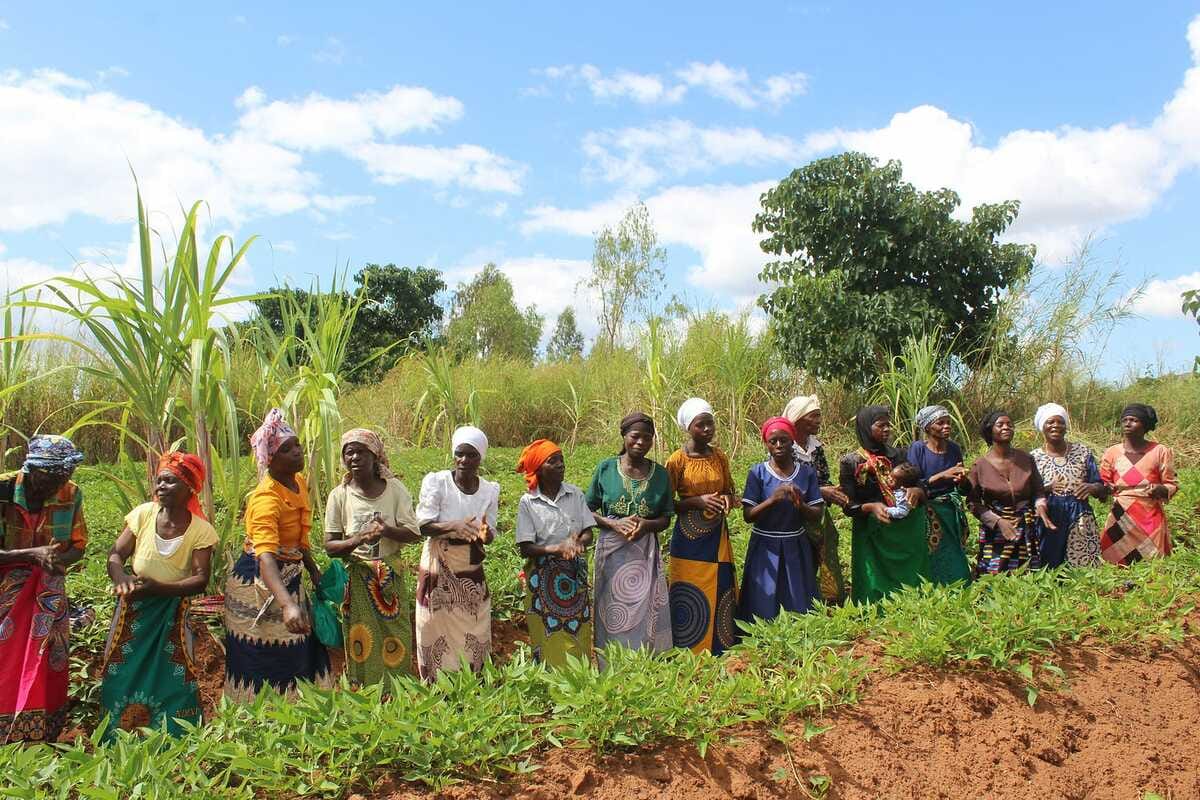
Malawi: In 2013, like-minded community members in Chikwate Village, Traditional Authority Nyambi in Machinga formed a Village Savings and Loans Association (VSLA) in response to a poor rainfall pattern that resulted in perpetual hunger and insufficient disposable income.
The VSLA, known as Yelodani, hoped to increase its income so that members could meet their household needs.
But that was not to be. Disagreements over share-out and non-payment of loans by some members slowed the group's progress.
“We were a group with weak rules and at times members would get a loan without repaying it. This frustrated some members who ended up quitting the group,” says Tumale Sale, Yelodani VSLA chairperson.
According to Sale, the group was on the verge of disbanding until ActionAid Malawi launched the 'Tilimbike' project in the area in 2021.
ActionAid Malawi is implementing the Tilimbike Project in Dedza and Machinga districts, with support from Financial Access for Rural Markets, Smallholders, and Enterprises (FARMSE), with a target reach of 37,500 households.
The project's goal is to increase rural financial access to existing, new, and innovative Community-based Finance Organization products and services for poor but food secure households, vulnerable households, and resilient households.
The project is currently working with 1,639 VSLAs in the two impact districts of Machinga and Dedza. A total of 819 VSLAs have been restructured, while 820 have been established with the assistance of the project.
According to Sale, the Tilimbike project was a timely intervention for a dying group.
“The project rejuvenated us. It trained us in group dynamics, loans and savings, and profit-making. That made us become well-organised and the continuous mentoring by the village agent and project facilitator is becoming key,” she says.
Following a successful restructuring, Yelodani's membership increased from 13 to 22, (18 women and four men).
The group began saving, with shares ranging from MK500 to MK2000 per member.
The VSLA's savings had grown to MK300,000 by December 2021.
“As a group, we decided not to share out the savings but invest it further through rice and potatoes farming in the hope of realizing more income for the group. We identified and rented two hectares, each for rice and potatoes cultivation, respectively,” says Mercy John, another group leader.

“As you can see, both crops are doing well and with the support of the project facilitator, we will search for a better market so can sell our produce at a better profit.”
According to John, the group hopes to raise K1.5 million from rice and potato sales in the next two months.
John's optimism is bolstered by Malawi's recent announcement of minimum farmgate prices.
The minimum price for unpolished rice, according to the Ministry of Agriculture, is MK300 per kilogramme.
The country's current average price for sweet potatoes is MK100 per kilogramme.
“Our dream is to become one of the richest groups in the area through both VSLA and commercial crops. This is just the first step. We want to become a cooperative in future, and we are sure will get there someday,” she says.
Patuma Kamphulutsa, the area's Village Agent, praises Yelodani VSLA for its unity and believes the group is destined for greatness.
Kamphulutsa, who supervises 20 VSLAs in the Traditional Authority Nyambi, says the group will need help from other stakeholders such as the government and the private sector to fully realise its vision.
“With necessary support such as extension services and linkage to good markets, this group will graduate from poverty to prosperity in the next few years,” she says.